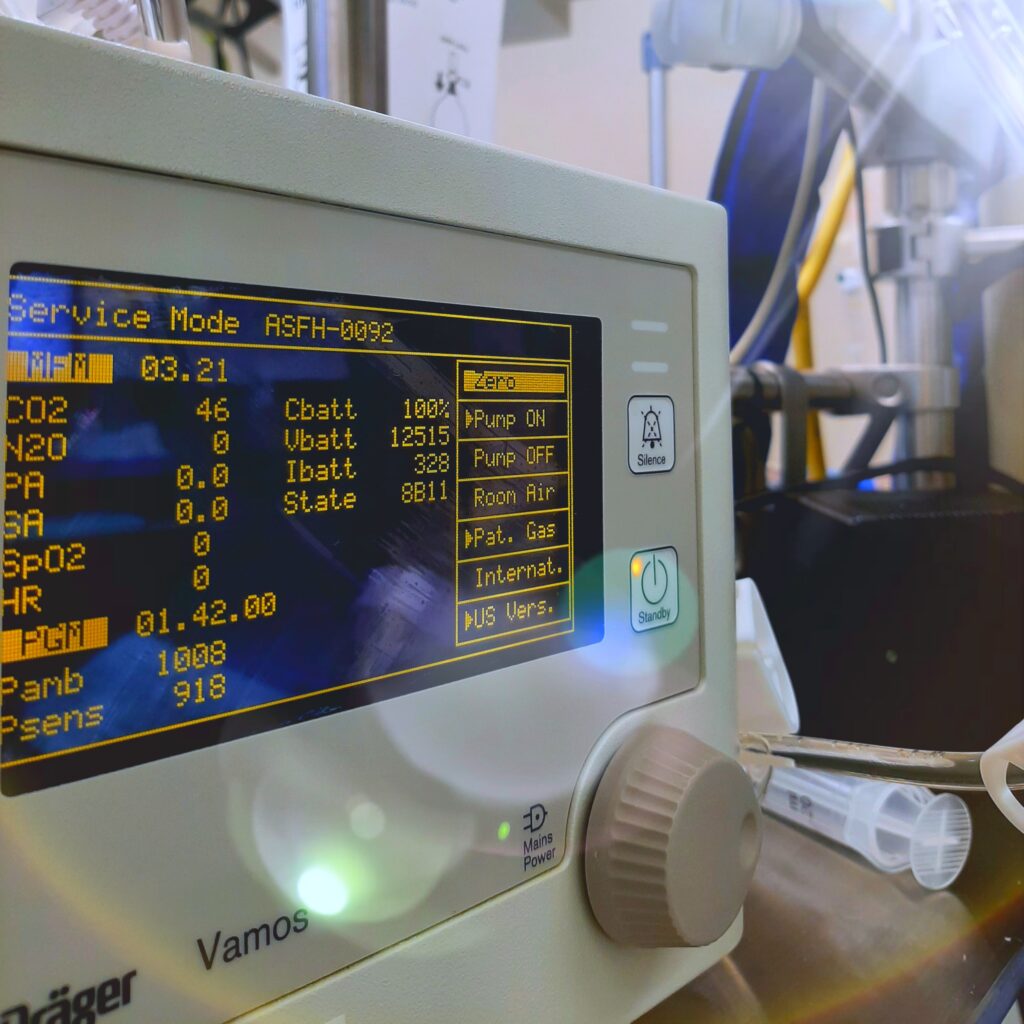Cerebrovascular Autoregulation and Arterial Carbon Dioxide in Patients with Acute Respiratory Distress Syndrome: A Prospective Observational Cohort Study

Background
Early hypercapnia is common in patients with acute respiratory distress syndrome (ARDS) and is associated with increased mortality. Fluctuations of carbon dioxide have been associated with adverse neurological outcome in patients with severe respiratory failure requiring extracorporeal organ support. The aim of this study was to investigate whether early hypercapnia is associated with impaired cerebrovascular autoregulation during the acute phase of ARDS.
Methods
Between December 2018 and November 2019, patients who fulfilled the Berlin criteria for ARDS, were enrolled. Patients with a history of central nervous system disorders, cerebrovascular disease, chronic hypercapnia, or a life expectancy of less than 24 h were excluded from study participation. During the acute phase of ARDS, cerebrovascular autoregulation was measured over two time periods for at least 60 min. Based on the values of mean arterial blood pressure and near-infrared spectroscopy, a cerebral autoregulation index (COx) was calculated. The time with impaired cerebral autoregulation was calculated for each measurement and was compared between patients with and without early hypercapnia [defined as an arterial partial pressure of carbon dioxide (PaCO2) ≥ 50 mmHg with a corresponding arterial pH < 7.35 within the first 24 h of ARDS diagnosis].
Results
Of 66 patients included, 117 monitoring episodes were available. The mean age of the study population was 58.5 ± 16 years. 10 patients (15.2%) had mild, 28 (42.4%) moderate, and 28 (42.4%) severe ARDS. Nineteen patients (28.8%) required extracorporeal membrane oxygenation. Early hypercapnia was present in 39 patients (59.1%). Multivariable analysis did not show a significant association between early hypercapnia and impaired cerebrovascular autoregulation (B = 0.023 [95% CI − 0.054; 0.100], p = 0.556). Hypocapnia during the monitoring period was significantly associated with impaired cerebrovascular autoregulation [B = 0.155 (95% CI 0.014; 0.296), p = 0.032].
Conclusion
Our results suggest that moderate permissive hypercapnia during the acute phase of ARDS has no adverse effect on cerebrovascular autoregulation and may be tolerated to a certain extent to achieve low tidal volumes. In contrast, episodes of hypocapnia may compromise cerebral blood flow regulation.
